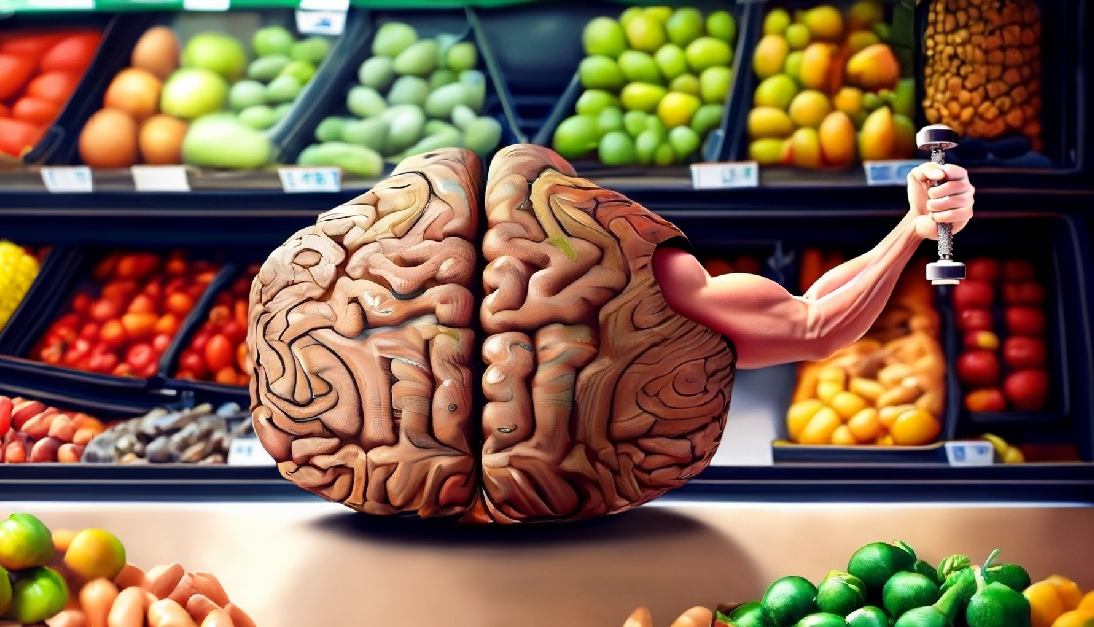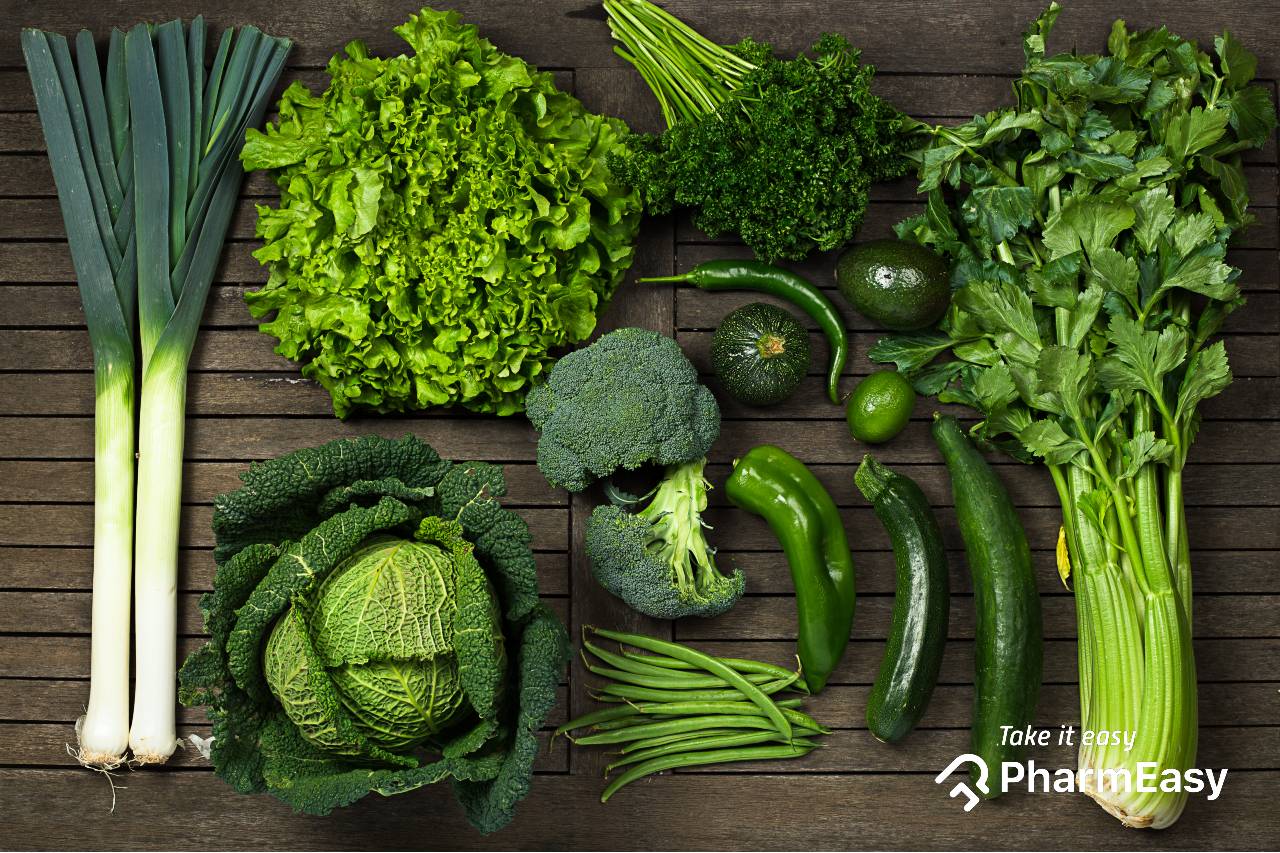Brain-Boosting Foods You Should Know About
The food we consume has a profound impact on our overall health, including the health of our brains.
A well-balanced diet can enhance memory, improve concentration, and boost overall cognitive abilities.
This article explores the relationship between diet and brain health, focusing on specific foods known to support cognitive function.
The Link Between Diet and Brain Health

Consuming a diet rich in brain-boosting foods can help protect against cognitive decline and improve mental performance.
Nutrient-Rich Diets and Cognitive Function
Several studies have shown that certain dietary patterns, particularly those rich in fruits, vegetables, whole grains, and healthy fats, are associated with better cognitive function and a lower risk of neurodegenerative diseases.
For instance, the Mediterranean diet, which emphasizes these foods, has been linked to a reduced risk of Alzheimer's disease and other forms of dementia.
Antioxidants and Anti-Inflammatory Foods
 Oxidative stress and inflammation are two key factors that contribute to cognitive decline. Antioxidants, found in various fruits and vegetables, help combat oxidative stress by neutralizing free radicals.
Oxidative stress and inflammation are two key factors that contribute to cognitive decline. Antioxidants, found in various fruits and vegetables, help combat oxidative stress by neutralizing free radicals.
Anti-inflammatory foods, such as those rich in omega-3 fatty acids, help reduce inflammation in the brain. A diet rich in these nutrients can support cognitive health and protect against age-related decline.
Foods That Enhance Memory
Memory is a critical aspect of cognitive function, and certain foods have been shown to enhance memory retention and recall.
Blueberries
Blueberries are often referred to as "brain berries" due to their high antioxidant content. They contain flavonoids that improve memory by enhancing communication between brain cells, reducing inflammation, and increasing plasticity, which helps brain cells form new connections.
Studies, such as one published in the Annals of Neurology, have demonstrated that regular consumption of blueberries is associated with delayed cognitive aging.
Dark Chocolate
Dark chocolate is rich in flavonoids, caffeine, and antioxidants, all of which support brain health. Flavonoids, in particular, are known to improve memory and learning. Research published in the Journal of Nutrition indicates that the consumption of dark chocolate can enhance cognitive function, including memory, due to its ability to increase blood flow to the brain.
Fatty Fish
 Fatty fish such as salmon, trout, and sardines are excellent sources of omega-3 fatty acids, which are essential for brain health. Omega-3s are vital for building brain and nerve cells and play a crucial role in learning and memory.
Fatty fish such as salmon, trout, and sardines are excellent sources of omega-3 fatty acids, which are essential for brain health. Omega-3s are vital for building brain and nerve cells and play a crucial role in learning and memory.
A study in PLOS ONE found that people with higher levels of omega-3s had increased blood flow in the brain and performed better on cognitive tests.
Foods That Improve Concentration
Concentration and focus are essential for productivity and learning. Certain foods can help improve these aspects of cognitive function by enhancing blood flow to the brain and providing essential nutrients.
Leafy Greens
 Leafy greens such as spinach, kale, and broccoli are packed with nutrients like vitamin K, lutein, folate, and beta carotene. These nutrients have been linked to slowing cognitive decline.
Leafy greens such as spinach, kale, and broccoli are packed with nutrients like vitamin K, lutein, folate, and beta carotene. These nutrients have been linked to slowing cognitive decline.
Research from the Journal of Nutrition, Health & Aging suggests that consuming one serving of leafy greens per day can help preserve cognitive function as we age.
Green Tea
Green tea contains caffeine and L-theanine, which can improve brain function. Caffeine is a known stimulant that enhances concentration, while L-theanine promotes relaxation without causing drowsiness.
The combination of these two compounds in green tea can lead to improved attention and alertness, as highlighted in a study published in Psychopharmacology.
Nuts and Seeds
Nuts and seeds are rich in antioxidants, healthy fats, and vitamin E, all of which support brain health. Vitamin E protects cell membranes from oxidative stress and has been linked to improved cognitive performance.
Walnuts, in particular, are high in DHA, a type of omega-3 fatty acid, which has been shown to boost brain function and focus.
A study in the American Journal of Epidemiology found that higher vitamin E intake is associated with a lower risk of cognitive decline.
Overall Cognitive Enhancers
Some foods provide broad benefits that support overall brain health, enhancing various aspects of cognitive function simultaneously.
Turmeric
Turmeric contains curcumin, a compound with powerful anti-inflammatory and antioxidant benefits. Curcumin can cross the blood-brain barrier and has been shown to increase levels of brain-derived neurotrophic factor (BDNF), a protein linked to improved brain function and lower risk of brain diseases.
Research in the Journal of Psychopharmacology highlights curcumin's potential in enhancing mood and cognitive function.
Pumpkin Seeds
Pumpkin seeds are rich in antioxidants, iron, copper, magnesium, zinc, and essential nutrients that protect the brain and support cognitive function. Magnesium, in particular, is crucial for learning and memory.
Deficiency in this mineral is linked to neurological diseases, depression, and migraines. A study published in Neuropharmacology demonstrates the importance of magnesium in cognitive function.
Whole Grains
Whole grains such as oats, barley, and quinoa provide glucose, the brain’s primary energy source.
They also contain fiber, vitamins, and minerals that support brain health. Consuming whole grains ensures a steady release of glucose into the bloodstream, keeping you mentally alert throughout the day.
A study in the American Journal of Clinical Nutrition found that whole grain intake is associated with better cognitive performance in older adults.
Conclusion
Diet plays a fundamental role in brain health and cognitive function. Incorporating brain-boosting foods like blueberries, dark chocolate, fatty fish, leafy greens, green tea, nuts, seeds, turmeric, pumpkin seeds, and whole grains into your daily diet can enhance memory, concentration, and overall cognitive abilities.
By understanding and applying the principles of nutrition, we can support our brain health and improve our quality of life.
References
- Mediterranean diet and cognitive function
- Leafy greens and cognitive decline
- Whole grains and cognitive performance





















![[ℕ𝕖𝕧𝕖𝕣] 𝕊𝕖𝕝𝕝 𝕐𝕠𝕦𝕣 𝔹𝕚𝕥𝕔𝕠𝕚𝕟 - And Now What.... Pray To The God Of Hopium?](https://cdn.bulbapp.io/frontend/images/79e7827b-c644-4853-b048-a9601a8a8da7/1)





















































